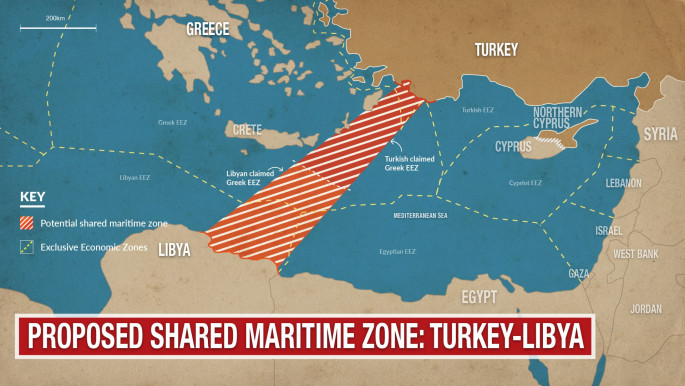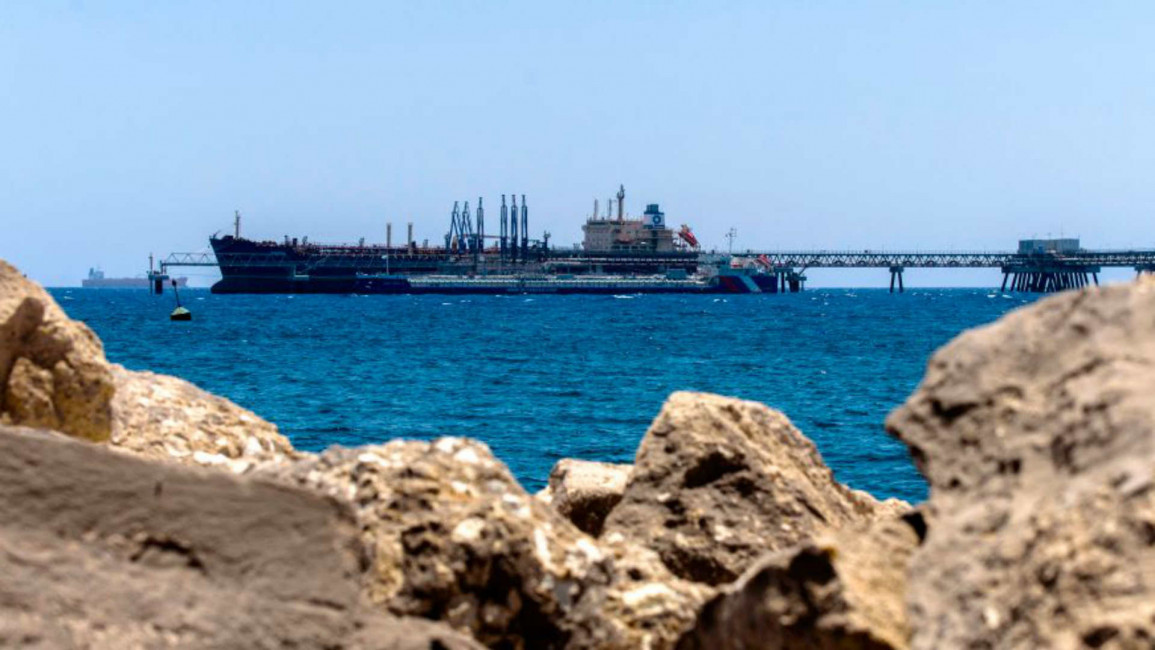Cyprus brands Turkey 'pirate state' in gas drilling row
Cyprus accused on Sunday Turkey of turning into a "pirate state", attacking Ankara's exploratory oil and gas drilling off its coastal waters a day after the EU issued its own warning.
"Turkey is turning into a pirate state in the eastern Mediterranean," said the statement from the Cypriot presidency.
"Turkey insists on going down the path of international illegality it has chosen," it added.
The statement came a day after the European Union called on Turkey to drop its plans to drill around Cyprus and the eastern Mediterranean, arguing such exploration was "illegal".
Earlier, EU foreign policy spokesman Peter Stano said: "Concrete steps towards creating an environment conducive to dialogue in good faith are needed.
"The intention by Turkey to launch further exploration and drilling activities in the wider region goes, regrettably, in the opposite direction," he said, in a statement released Saturday.
But Turkey's foreign ministry said Sunday: "The Turkish Cypriots have rights on this field... as much as the Greek Cypriots.
"The two sides will share the income if oil or natural gas are found there."
Its ship Yavuz had arrived at the "G" licence field for its first round of drilling, the statement added.
Turkey's President Recep Tayyip Erdogan vowed Thursday that Turkey would start exploring for gas in the eastern Mediterranean "as soon as possible" this year, after signing a maritime deal with Libya.
Ankara angered neighbouring countries in the Mediterranean with an agreement signed with the Tripoli government in November, which claimed extensive areas of the sea for Turkey.
Greece says the deal fails to respect its maritime rights around the island of Crete.
Turkey has already upset Cyprus by sending ships to search for oil and gas off the divided island.
Saturday's statement from the EU said: "The international law of the sea, the principle of good neighbourly relations and the sovereignty and sovereign rights over the maritime zones of all Member States have to be respected."
Sanctions could be discussed as early as Monday when the bloc's foreign ministers meet in Brussels, officials said.
Erdogan, in Berlin Sunday for a Libya peace conference, has rejected what he has called the "ultimatums" issued by the EU.
He reminded the bloc that some four million refugees, mostly Syrian, were currently in Turkey which, he has threatened, could start sending them to the EU.
 |
Follow us on Twitter and Instagram to stay connected



